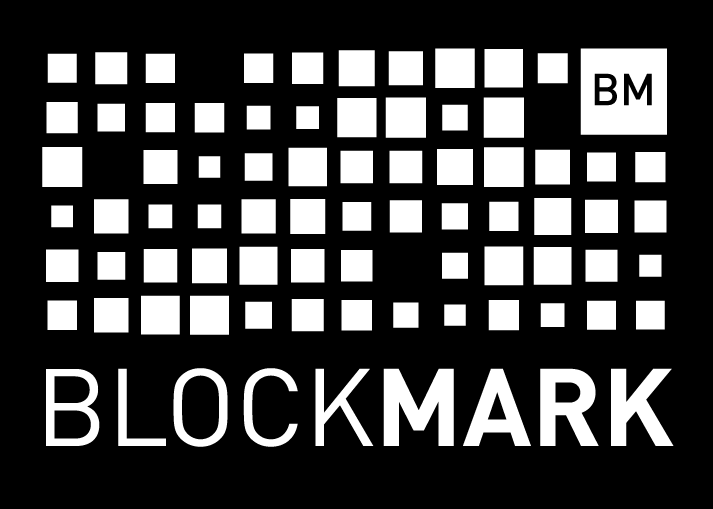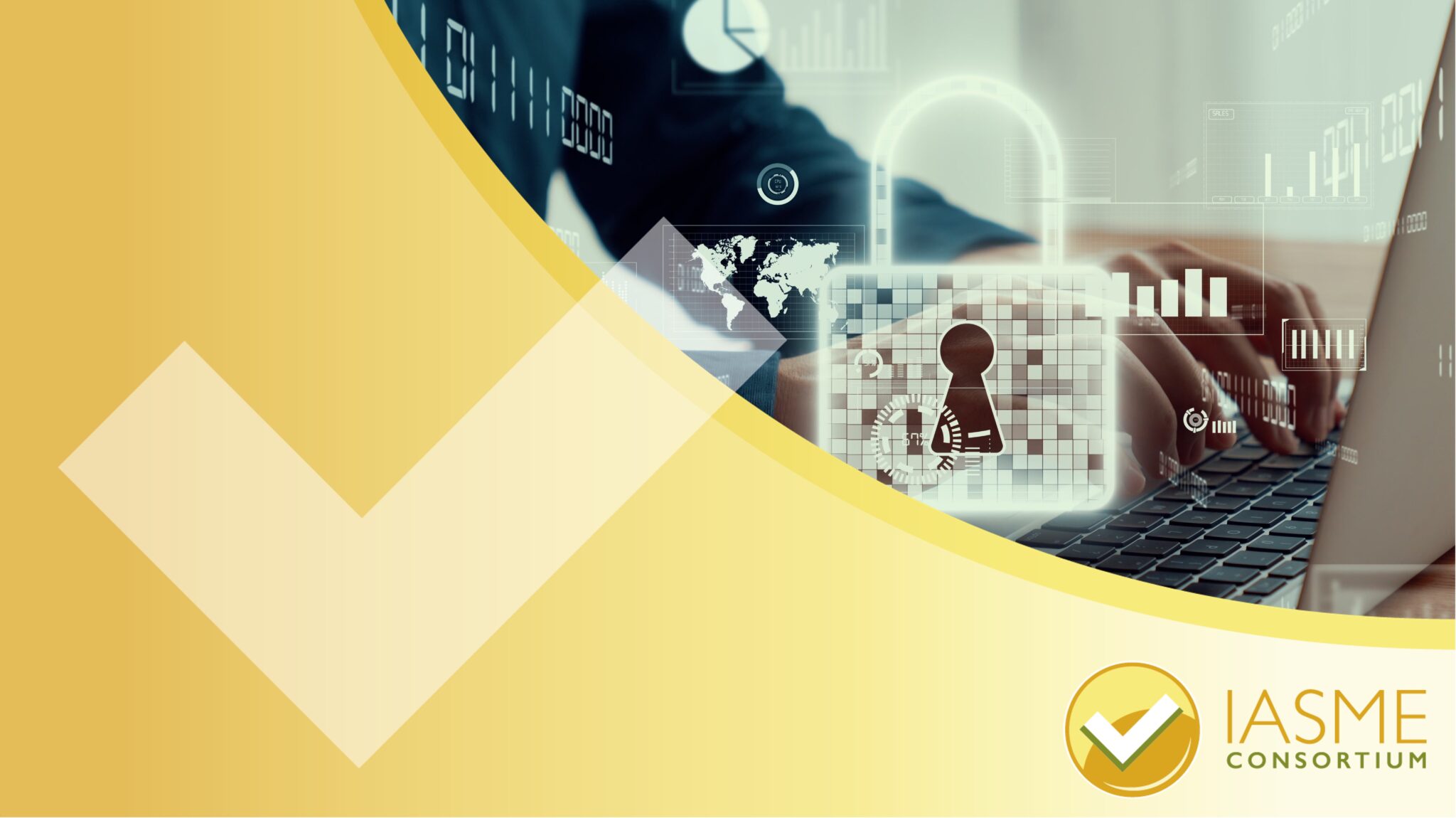Secure digital certificates for the IASME schemesIASME issues approximately 500 certificates a week to organisations of all sizes. These certificates demonstrate a business’s compliance and commitment to a recognized standard of cyber security or counter fraud. They are a badge of honour, if you like, and signal trustworthiness to customers, stakeholders and insurance companies.
If you work for a company or run one, you will know that you are constantly renewing and keeping tabs on your certificates, ensuring compliance, insurance and best practice. Where are all of these certificates at any one time and who is in charge of them? How do you control a certification process that needs annual renewal?
Another significant issue is the fact that certificates are widely faked, including fraudulent degree certificates, bogus safety certificates, and scam insurance policies. Sometimes criminal organisations create and sell fake credentials to unsuspecting clients and sometimes holders of certificates generate their own versions either from scratch or they tamper with the information to extend validity or change the scope. Even the Cyber Essentials scheme has had problems with fake, tampered and misrepresented certificates or badges.
To navigate these dilemmas, IASME has been working with BlockMark Technologies to deliver and verify their digital certifications. BlockMark provides software systems to manage processes around certification, accreditation and protecting intellectual property; their flagship project BlockMark Registry is a platform that allows the secure management and verification of certificates.
digital certifications. BlockMark provides software systems to manage processes around certification, accreditation and protecting intellectual property; their flagship project BlockMark Registry is a platform that allows the secure management and verification of certificates.
How does BlockMark Registry work?BlockMark Registry is a platform which is essentially built around three parties: the issuers of certificates, the people or organisations that receive certificates and those that need to verify them. The web application uses a cloud-based database.
If you were to log onto the BlockMark Registry platform as a Certifying Body, you would find a dashboard where you could create a template for a certification scheme. You could then start issuing that certificate to individuals, organisations or indeed things, sending out an email to the recipient to inform them that they have a certificate and can view it or print it off. As a recipient of a certificate, the digital version of your certificate is viewable on screen and the logo or badge representing that certificate can be shown on a website or email footer. It is also still possible to save a pdf version or print out a physical version of the certificate if needed.
The big difference about the digital certificate and badge is that in the past, it has been in the form of a jpeg or png which can be cut and pasted onto a website and may indeed have stayed on a website long after it has expired. The BlockMark certification mark, however, is downloaded as a short piece of code which can be embedded in your website, email footer or CV. Each time the certificate or logo is viewed online, the code retrieves the information from BlockMark’s platform in real time and the logo is refreshed for as long as it’s valid. This means that the correct version of the logo or badge will be displayed every time and it will stay visible upon renewal without any further intervention. If you were to hover your cursor over a BlockMark badge, information pops up giving details about who it’s issued to and by whom, with the issue and expiry date. If you click it, you are taken to the full digital certificate and can view more detailed information about that certificate, the recipient, the scheme and the issuer. The BlockMark Registry platform allows an individual and an organisation to control all their certifications from one dashboard and to keep an eye on when an item is expiring or needs action. It is also possible to record inspections of other certificates using the dashboard, for example of those organisations in your supply chain. This helps with your own due diligence and compliance, helping you to check on their renewals as well.
By using BlockMark Registry, IASME ensures that its certificates and badges are secure, transparent and verifiable.


